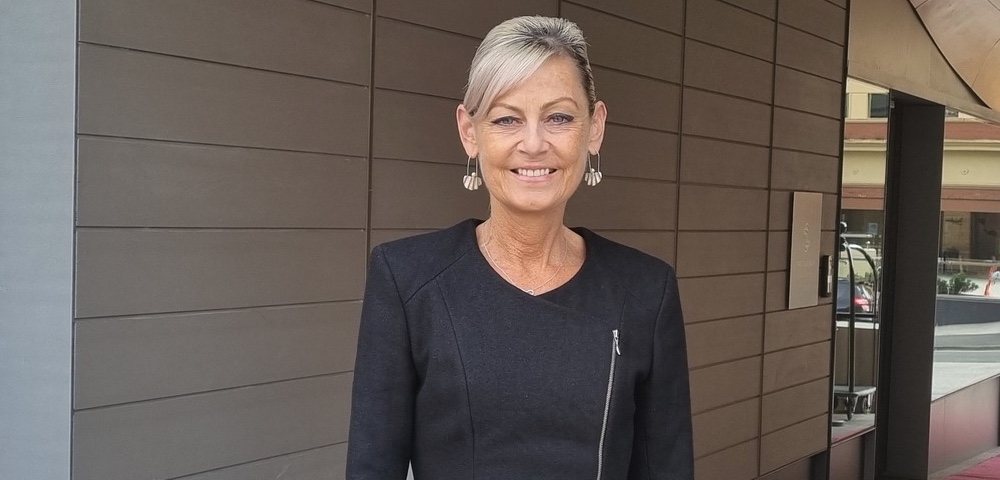
Tasmania To Ban Nazi Symbols, Activists Call For Anti-LGBT Hate Crime Law

Activists have welcomed the Tasmanian government’s proposed law to ban Nazi symbols, including the Swastika, and have sought action against anti-LGBTQI hate crimes.
Last week, the Tasmanian government invited public submissions to its proposed Bill to “criminalise the display of Nazi symbols, including the swastika, when used for hate and causing fear”. The submissions close on February 13, 2023.
The Police Offences Amendment (Nazi Symbol Prohibition) Bill 2023 will prohibit the use of Nazi symbols, except for legitimate public purposes. The use of the ancient Swastika symbol by Hindu, Buddhist and Jain communities is exempt from the proposed ban.
Fines And Prison Term
A person convicted of an offence under the new law faces between 20 and 40 penalty units or a jail term of up to three to six months.
“Our Government is strongly opposed to the use of Nazi symbols which promote hate and cause fear in our community, which is why we committed to ensuring our laws appropriately reflect community expectations,” said state Attorney-General Elise Archer.
LGBTQI activists welcomed the proposed ban and pointed out that the state’s hate crime legislation still leaves out the harassment and violence against the community.
“We welcome the Government’s proposed ban because LGBTIQA+ Tasmanians have consistently faced harassment by hate-mongers using Nazi symbols, especially during the marriage postal survey in 2017,” Equality Tasmania president, Rodney Croome, said in a statement.
“But we urge the Government to go further by ensuring hate-motivated crimes attract heavier penalties regardless of the type of hatred concerned.”
Pink Triangle
“Currently in Tasmania, only racial hatred can be considered an aggravating factor when judges pass sentences for hate-motivated crimes. This sends the message that hate against LGBTIQA+ people, or other disadvantaged groups including people with disability, is less serious,” said Croome, adding, “All victims of hate crime should have equal protection under the law.”
Croome also urged the government to exempt the “pink triangle” when used by the LGBTQI community. Nazis in Germany used the “pink triangle” to identify LGBTQI persons in concentration camps. According to Croome, over the past decades, the LGBTQI community has used the pink triangle “as a symbol of its ongoing struggle against stigma and discrimination.”
“We will ask the Government to exempt the pink triangle from its proposed legislation so we can continue to display it as a symbol of our struggle for a society free from hate,” said Croome.









